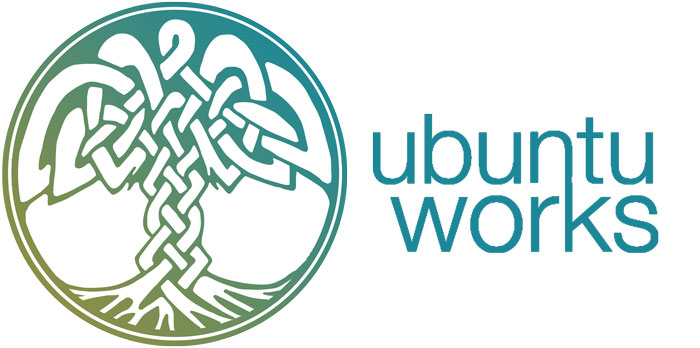Wednesday, April 28, 2021
Foreign Press Center, WASHINGTON, D.C.—What are the prevailing norms in journalistic ethics in the United States, and how are they changing? In advance of World Press Freedom Day, the Foreign Press Center hosted a conversation between Kelly McBride , Chair of the Craig Newmark Center for Ethics and Leadership at Poynter, and Tom Rosenstiel , Executive Director of the American Press Institute, who together discuss new ethical challenges journalists face in the United States’ evolving media landscape. The discussion covered pressures being brought to bear on journalists by technology, social media, increasing disinformation, and changing audience habits, with case study examples to illustrate specific challenges.
MS MCBRIDE “[T]here is a real tension, almost an existential question, of whether the press can both reflect all of America, all of the community that it is supposed to serve, and also grapple with the tension of inequality in the United States and in journalism…[E]ven before George Floyd, even before the pandemic, there were many individuals in American newsrooms who were feeling as if they could not…accurately report on the world that they see and experience, because of constrictions that were placed upon them in language, in what they can say, and in how they can say it.
“Those constrictions are – come under the guise of—neutrality. And that understanding and application of what it means to be neutral or to pursue the truth without an agenda is currently at odds with many people who get into journalism to challenge the power structures, which is… part of why journalism exists in the United States. And the power structures that they want to challenge are the structures that sometimes overtly and sometimes covertly reinforce a white privilege and a world that won’t share its resources.”
MR ROSENSTIEL: “I’ve written a lot, as you know, about what is the meaning and the origin of the concept of objectivity. And I’ll just say for this audience, in my reckoning and reading of the history, objectivity does not mean neutrality. It actually means that you have an objective method of processing and verifying the news that you can share with your audience, precisely because you as a person and as a journalist can never be personally objective. So you have a view that you start with and what you’re trying to do as a journalist to get a more accurate rendering of things is to learn about the views of other people. Diversity, listening, all of these things that people are talking about are important skills in that, and it also means that where we are in the arc of a story determines to some degree how neutral or open…we are. “
Watch the full briefing and read the transcript at: https://www.state.gov/briefings-foreign-press-centers/understanding-america-the-future-of-media-ethics/
